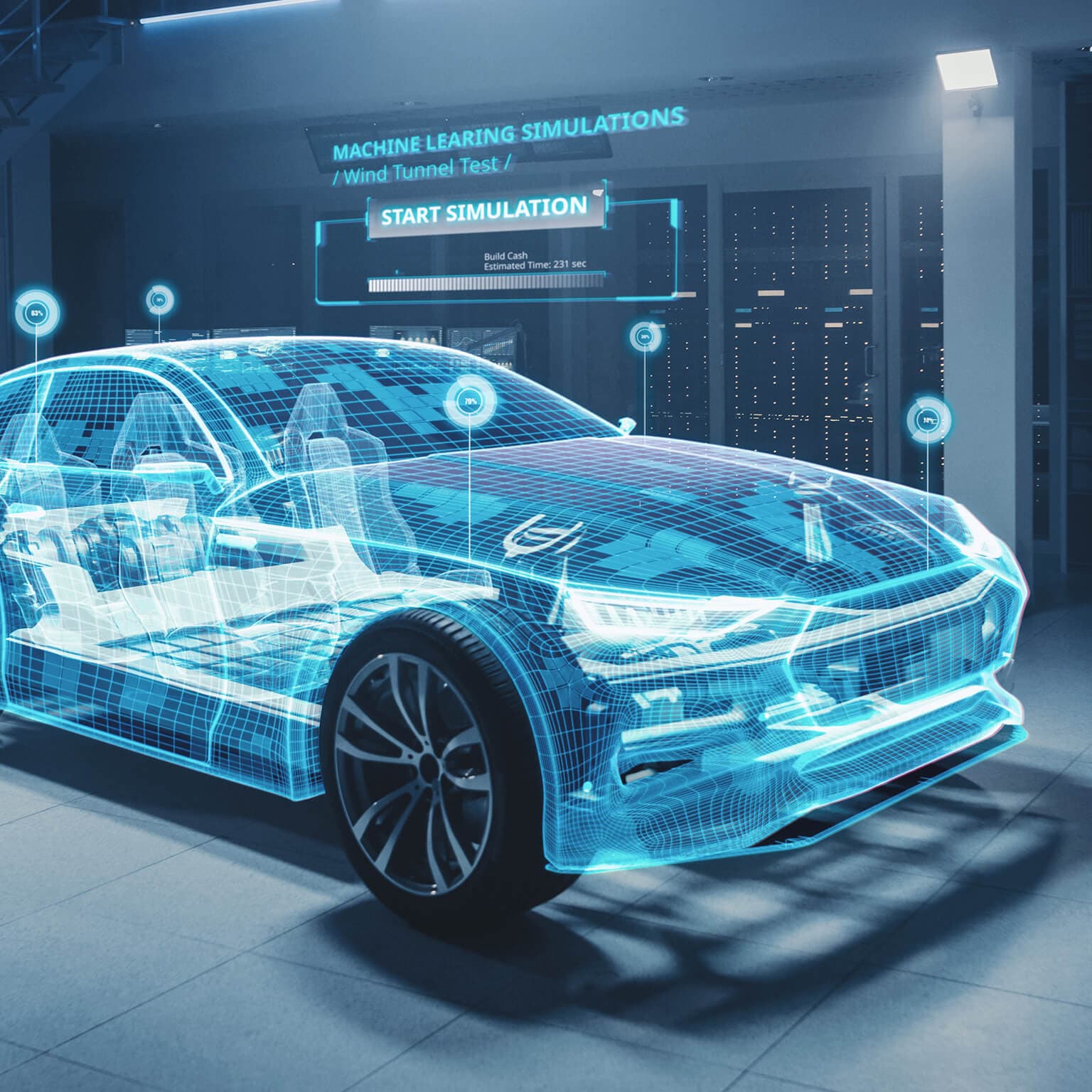In the American cultural landscape, car keys and a driver’s license have long symbolized freedom, independence, and privacy.
However, with modern vehicles now equipped with numerous sensors, cameras, and internet connectivity, they have transformed into potential surveillance tools, often operating in ways drivers don’t fully comprehend.
This has raised concerns among lawmakers and regulators.
Both Democratic senators argue that this practice could “seriously threaten Americans’ privacy” by exposing visits to sensitive places, such as protests, health clinics, religious establishments, support groups, and more.
“As far-right politicians escalate their war on women, I’m especially concerned about cars revealing people who cross state lines to obtain an abortion,” Senator Wyden said in a statement.
Experts believe that the growing focus on the car industry by the government is due to the increasing technological complexity of today’s vehicles.
Recently, undercover investigators from the Government Accountability Office went car shopping to assess whether salespeople were overstating autonomous driving capabilities.
In a report released in March, the agency found that many consumers lack understanding of crash avoidance technologies and driver support systems. Improper use of these features “can compromise their safety benefits and even pose a risk on the road.”
In addition, the Federal Communications Commission (FCC) and California lawmakers are working to prevent car-related apps from being used for stalking or harassment.
The FCC has proposed regulating automakers under the Safe Connections Act originally designed for phone carriers while California is likely to pass legislation aimed at preventing abusers from remotely accessing victims’ cars.
Also Read: The Death of AM Radio in Cars, Why Automakers Are Removing It
“No survivor of domestic violence and abuse should have to choose between giving up their car and allowing themselves to be stalked and harmed by those who can access its connectivity and data,” said Jessica Rosenworcel, the head of the FCC, in a statement.
Privacy regulators have begun investigating these practices. California’s privacy regulator has been probing the use of data from connected cars for nearly a year, and the FTC appears to be taking action following a letter from Senator Markey in February, urging the agency to investigate automakers’ privacy practices.
Last month, the FTC called for reports from drivers who had concerns about how their vehicle data was being used.
An investigator from the agency contacted a man mentioned in a New York Times article, whose insurance premium rose after General Motors shared his driving data with the insurance industry.
(The FTC, which conducts nonpublic investigations, declined to comment on whether it was looking into this matter, according to an agency spokesperson.)
“To my mind, there has been far too little oversight into automakers’ privacy policies, so the more watchdogs, the better,” said Senator Wyden.
The latest letter to the FTC highlights the findings of a yearlong investigation into 14 automakers, which Senator Wyden’s office claims had collectively received more than 1,400 requests from law enforcement for location data over the past two years.

Of these automakers, only five General Motors, Honda, Ford, Tesla, and Stellantis required law enforcement to obtain a warrant before disclosing a vehicle’s current or past location, with Ford recently adopting this requirement.
Tesla is the only automaker that notifies customers when such requests are made, according to the letter.
“In contrast, Toyota, Nissan, Subaru, Volkswagen, BMW, Mazda, Mercedes-Benz, and Kia all confirmed that they will disclose location data to U.S. government agencies in response to subpoenas, which do not require a judge’s approval,” the senators wrote to Khan.
They argued that this violates an agreement these automakers made with the FTC over a decade ago to protect drivers’ sensitive data.
“This is a complex issue; automakers are committed to protecting sensitive vehicle location information,” said Brian Weiss, a spokesman for the Alliance for Automotive Innovation, a trade association.
“Vehicle location information is only provided to law enforcement under specific and limited circumstances, such as when the automaker is provided a warrant or court order or in situations where there is an imminent threat of serious bodily harm or death to an individual.”
Also Read: The Possibility of Cars with Constant Driver Monitoring Cameras
Automakers typically retain location data for many years, with Hyundai storing it for as long as 15 years.
Of the 45 location requests Hyundai received from law enforcement in the past two years, just over half involved stolen vehicles, according to the company’s spokesperson, Ira Gabriel.
“There’s a renewed focus on cars, and the data practices associated with them,” said Andrew Crawford, policy counsel at the Center for Democracy and Technology.
He attributed this shift to growing consumer awareness about the components in modern vehicles and the realization that car data “may be going to folks that they did not contemplate, did not know about and did not want.”
Simultaneously, some regulators are urging automakers to incorporate more technology into cars to enhance road safety, which could lead to even more data collection.
The National Transportation Safety Board has recommended that all new vehicles be equipped with systems that alert drivers when they exceed the speed limit.
The National Highway Traffic Safety Administration has taken steps to mandate impairment-detection systems in all new vehicles, which would prevent a car from operating if the driver is under the influence of alcohol or drugs.
The conversation surrounding car safety has evolved from improving seatbelts to incorporating more cameras and sensors, according to Adonne Washington, a lawyer at the Future of Privacy Forum who authored a recent report on the privacy implications of proposed safety systems.
For example, “a mandate for alcohol detection technology in vehicles creates a whole different category of information,” she said.
W. James Denvil, a partner at Hogan Lovells who has represented automakers, said that the increased regulatory scrutiny was to be expected.
Vehicles offer “extraordinary benefits,” he said. New technologies can improve safety and the driving experience, while car data can be used to enhance transportation infrastructure.
“We’ve got innovative technologies and old regulations,” Mr. Denvil said. “There’s going to be some surprises and some bumps in the road.”

